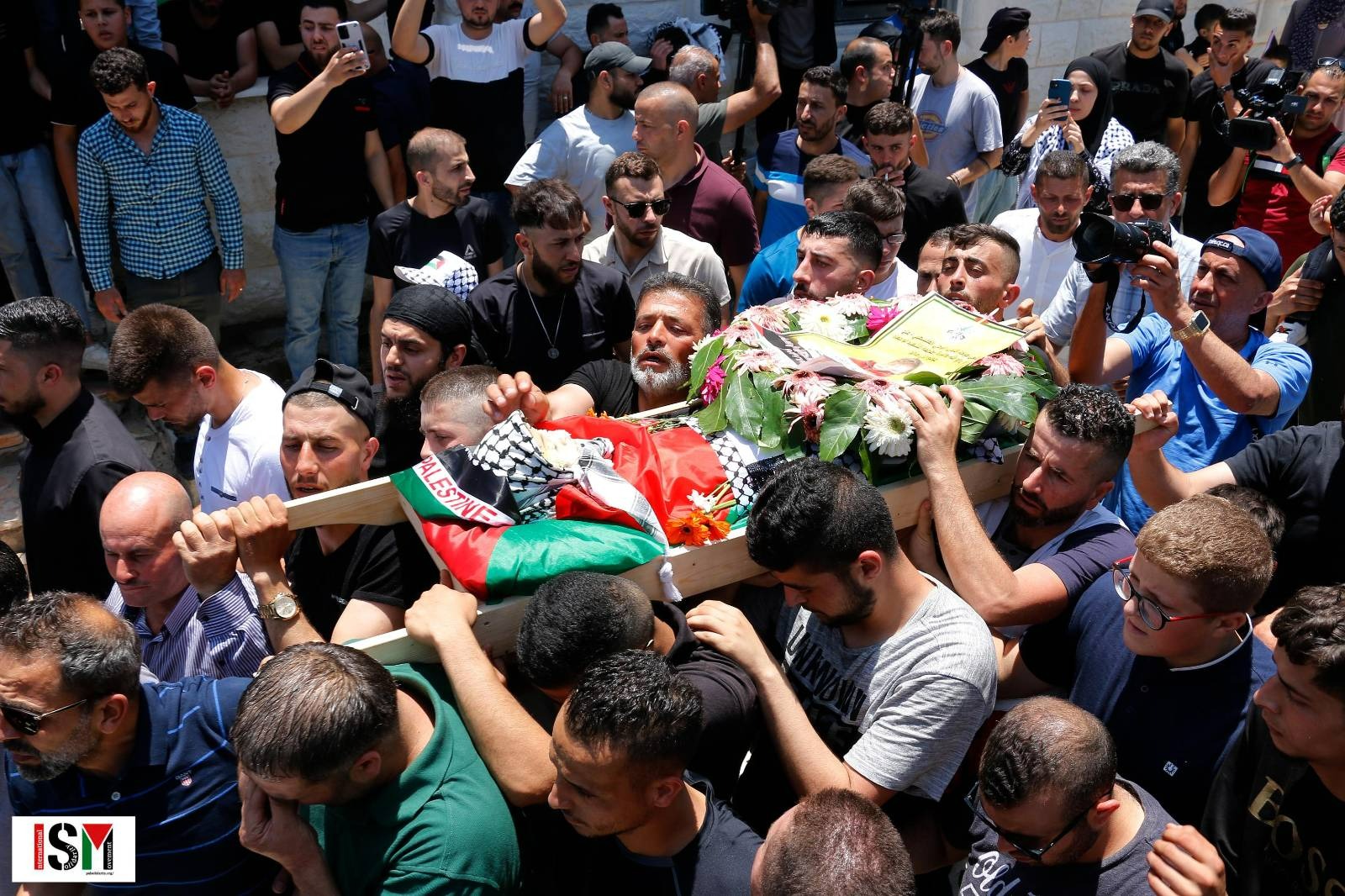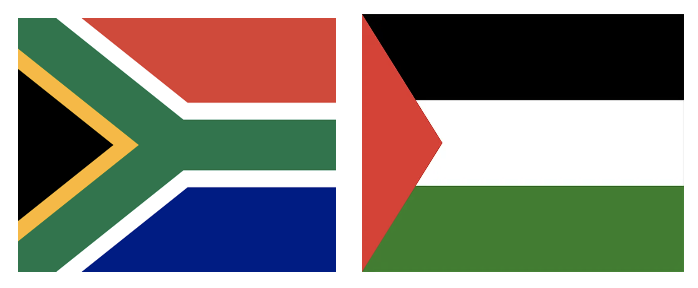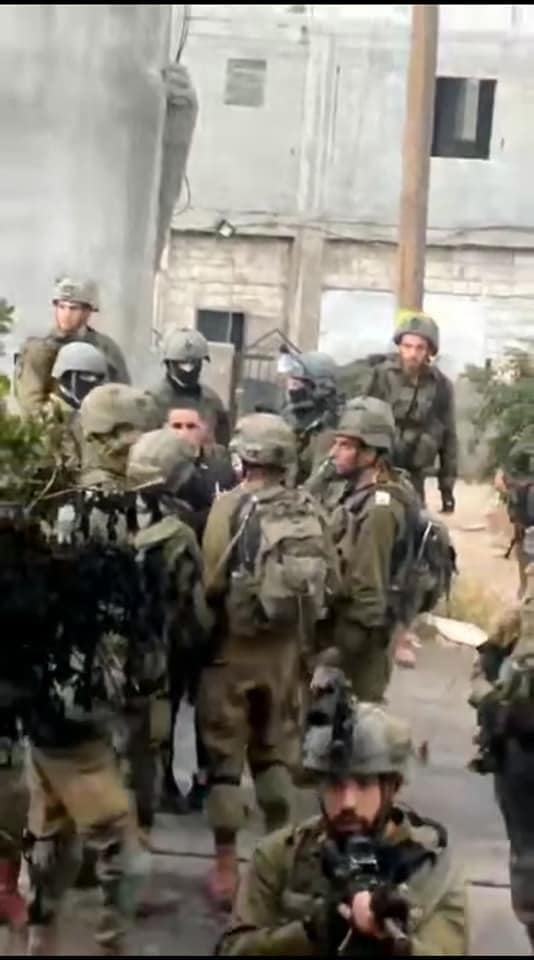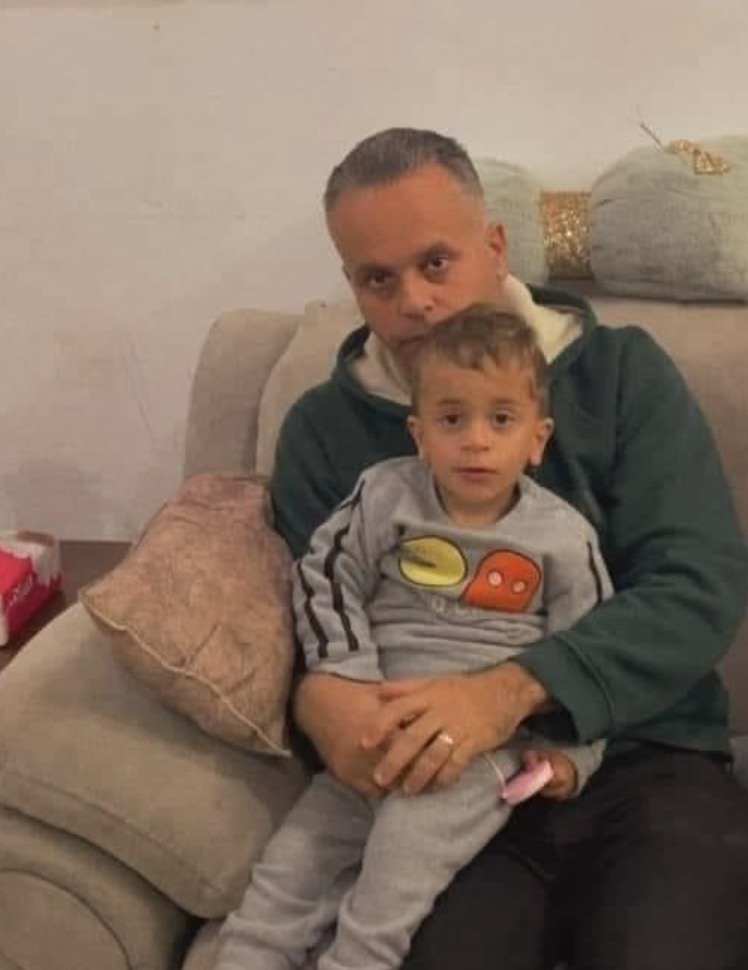Category: Press Releases
-
Israeli Occupation forces Shoot Children in the Head and Then Arrests Them in Nabi Salah
6/9/2023 Nabi Salah, Occupied Palestine, In the Aftermath of the Killing of infant Mohammad Tamimi the occupying forces invaded the sleeping village of Nabi Saleh again early Friday morning and aressted Wissam Tamimi, who had just turned seventeen, and twenty-two-year-old Mohammed Fadel Tamimi, from their homes. Both suffer from severe head injuries. The Israeli military…
-

Silwan Bustan Neighbourhood Under Increased Threat
Silwan’s Bustan neighbourhood situation has worsened of late and is now even more urgent. Report By Jahalin Solidarity Silwan, Bustan neighborhood, Occupied East Jerusalem JUNE 6, 2023 1. The most recent meeting with the Mayor, and Adv. Ziad Qawar’s letter to him (1.6.23), have produced no further information as to City Hall demolition plans or…
-

The Occupation forces that shot infant Mohammad Tamimi in the head invade and injure mourners at his funeral.
6/6/2023, Nabi Saleh, Occupied Palestine Today, the people of the village of Nabi Saleh bid farewell to the slain infant Muhammad Tamimi, who tragically died after being shot in the head by an Israeli soldier. The villagers of Nabi Saleh welcomed the child with flowers as they paid their respects. His mother, brother, sister, and…
-

MP Mandela calls for charges to be brought by the ICC against Netanyahu
6/5/23 Media Statement by Nkosi ZMD Mandela, MP: Apartheid Israel must be charged for state terrorism for the killing of 2 year old Muhammad Tamimi. Mvezo Komkhulu (The Great Place), Monday 5th June 2023: The passing of 2 year old Palestinian infant Muhammad Tamimi as a result of being shot in the head four days…
-
Child dies of his wounds as occupation forces escalate attacks on occupied Nabi Salah
6/5/23 – Update: 2,5 year old Mohammed Tamimi has died of his wounds inflicted by Israeli soldiers who shot him in the head. 6/4/23 Nabi Salah, Occupied Palestine: The Israeli occupation forces have escalated their assaults on the Palestinian village of Nabi Salah targeting civilians including a toddler with live ammunition. On Thursday, June…


